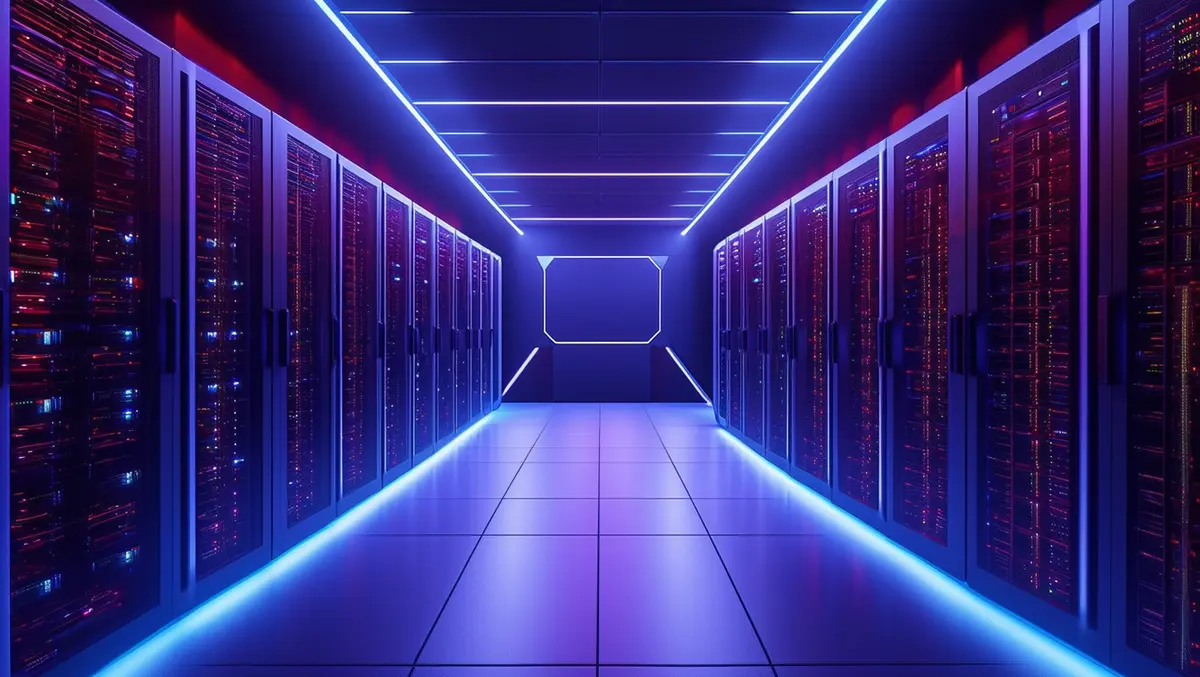
Dell & Red Hat forge AI collaboration on PowerEdge servers
Dell Technologies and Red Hat have announced a new collaboration aimed at enhancing artificial intelligence (AI) and generative AI capabilities on Dell PowerEdge servers through the integration of Red Hat Enterprise Linux AI (RHEL AI). This initiative is designed to aid customers in developing, testing, and deploying AI and generative AI models with greater ease and scalability.
The alliance aims to assist organisations in successfully adopting AI strategies suited to their specific requirements. Red Hat Enterprise Linux AI will now be the preferred platform for AI deployments on Dell PowerEdge servers, marking a significant step forward in AI infrastructure.
Joe Fernandes, Vice President and General Manager of Generative AI Foundation Model Platforms at Red Hat, commented on the collaboration. "AI by nature requires extensive resources spanning enabled servers, compute power, and GPUs. As organisations evaluate and implement gen AI use cases, it is imperative that they build on a platform that is able to scale with their business while also providing the agility to experiment and develop AI-driven innovations. By collaborating with Dell Technologies to validate and empower RHEL AI on Dell PowerEdge servers, we are enabling customers with greater confidence and flexibility to harness the power of gen AI workloads across hybrid cloud environments and propel their business into the future," he said.
The collaboration will see RHEL AI becoming a foundational platform on the Dell PowerEdge R760xa server, supporting organisations in scaling their IT systems and powering enterprise applications. This venture is expected to deliver a more consistent AI experience by continuously testing and validating hardware solutions such as NVIDIA accelerated computing with RHEL AI.
Arun Narayanan, Senior Vice President of Dell Technologies, added to the announcement. "Validating RHEL AI for AI workloads on Dell PowerEdge servers provides customers with greater confidence that the servers, GPUs, and foundational platforms are tested and validated on an ongoing basis. This simplifies the gen AI user experience and accelerates the process to build and deploy critical AI workloads on a trusted software stack," he stated.
RHEL AI integrates various components, including IBM Research's open-source-licensed Granite large language models (LLMs) and the InstructLab model alignment tools based on the Large-scale Alignment for chatBots methodology. The solution comes as an optimised, bootable Red Hat Enterprise Linux image for individual server deployments and is included as part of Red Hat OpenShift AI for running models at scale across distributed clusters.
Bob Pette, Vice President of Enterprise Platforms at NVIDIA, remarked on the relevance of the collaboration in the current market. "In today's fast-paced market, it is critical for organisations to be equipped with validated and trusted AI-enabled solutions to kick-start their gen AI use cases. Red Hat and Dell will extend gen AI capabilities for customers with an optimised experience for NVIDIA accelerated computing, including NVIDIA H100 Tensor Core GPUs, with Dell PowerEdge servers and RHEL AI," he explained.
The RHEL AI on Dell PowerEdge servers is expected to be available in the third quarter of 2024. Customers will also have the opportunity to test the solution in Dell Customer Solution Centres located globally.


